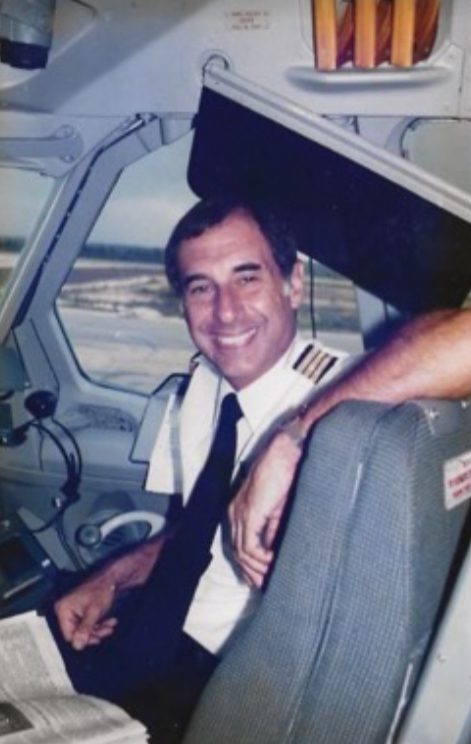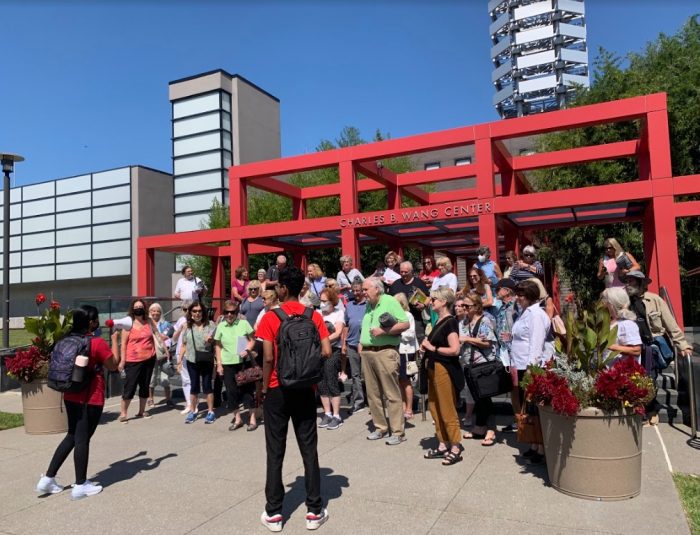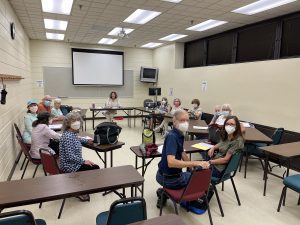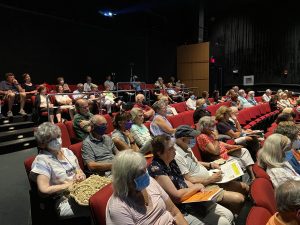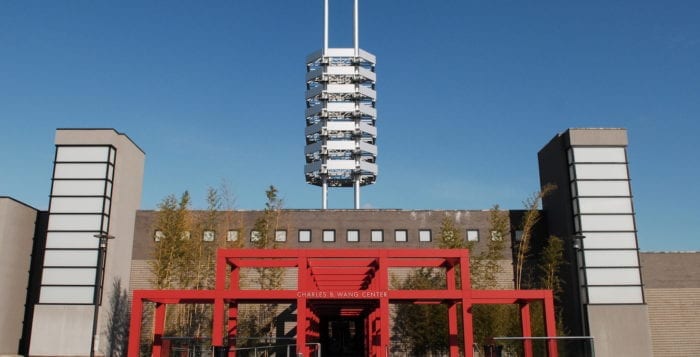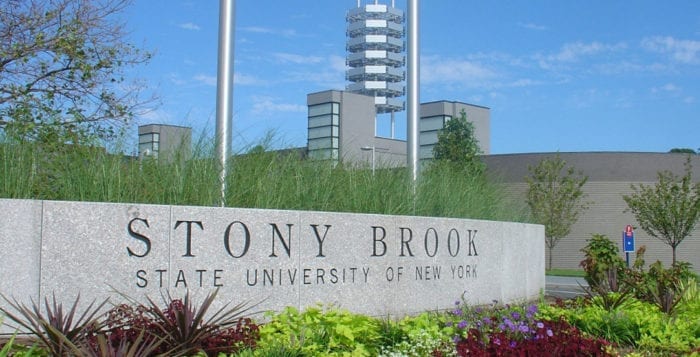Prepared by Dave Ober
My sister and I owe our existence to the fateful day in 1960 when Robert “Bob” Ober — while sneaking his friend back into the University of Buffalo infirmary — mistakenly entered our mother’s room during her recovery from chicken pox.
Following a mischievous adolescence in which he stole an airplane, launched a rocket from inside his college dorm and ran all-night underground poker games, Bob tried his hand at professional golf until he “matured” to embark on a career as an airline pilot for Pan American and Delta airlines.
Bob, 83, was first and foremost a dedicated husband for six decades, sharing a lifelong love affair with Lynda that included high daily doses of laughter. A committed father and grandfather, Bob embraced his family with every fiber of his energetic and colorful existence. He had an insatiable curiosity, an enormous heart and unending generosity, spending most of his time focusing on the problems of the world and the well-being of others. Bob died on Dec. 6 of an aortic dissection.
Following his retirement from aviation, Bob’s second calling was teaching at the Osher Lifelong Learning Institute at Stony Brook University. At OLLI, Bob enthralled his students for a dozen years by using his tireless curiosity to sprout spirited debate and brought compelling, high-profile guests to classes in current events and “law and politics.” His classes were always oversubscribed as local learners were eager to hear from the many experts he recruited to educate others and respond to his penetrating and provocative questions.
Bob grew up in Forest Hills, Queens, in the shadow of the U.S. Open tennis tournament where he honed his skills watching the greats and even had the good fortune to hit with some of the top pros of the day, like Pancho Gonzalez and Lew Hoad. When he wasn’t working to perfect a golf swing he spent his entire life honing, Bob found ways to defy authority and push the envelope.
Since his putting stroke prevented him from reaching the level of proficiency required for the PGA Tour, his “contingency plan” of taking flying lessons led to an illustrious 36-year career ferrying passengers to all corners of the globe. He was recruited by Pan Am in 1966, flew Nixon to China on a White House press charter in 1972 and shuttled his children between colleges while flying the Delta shuttle between LaGuardia, Boston and Washington, D.C.
Well-read and well-traveled, Bob could recall even the most obscure statistics and apply them while sharing his ideas to solve the world’s problems. He was not only eager to learn, he was also interested in the opinions of those that differed from his own.
Reaching the mandatory retirement age of 60, he regularly appeared on TV as a go-to expert on aviation incidents, where he shared his thoughts on the causes and prevention of disasters.
During an esteemed career of transporting hundreds of thousands of passengers safely to their destinations without scratching an airplane, Bob remained committed to his wife and their children. He wrote daily letters to his daughter Jennifer at camp and played in numerous national tennis tournaments with his son Dave. When Bob was 75, the father-son duo ranked No. 2 in the nation.
Bob never slowed down in his productive and enriching life, forging meaningful and lasting relationships with his grandchildren, attending their various activities. He was lovingly remembered by his son, daughter, grandchildren, daughter-in-law Heather and son-in-law Steve at a memorial service at Shalom Memorial Chapels in Smithtown. He was interred at Riverside Cemetery in Saddle Brook, New Jersey.
Bob is survived by his wife Lynda, children David and Jennifer, daughter-in-law Heather, son-in-law Steve, grandchildren Sabrina, Brandon, Carly, Joshua and Jacob and his sister Jayne.
Donations in Bob’s name can be made to the American Heart Association at heart.org/donate.

